The Fast Food Industry and Apples
February 11, 2012 in Daily Bulletin, Signature

At Slate Matthew Yglesias wonders why Chipotle Mexican Grill doesn’t get the same kind of attention and accolades that a company like Apple would for stunning growth. He argues that this is because folding burritos is not immediately as glamorous as manufacturing the next mobile revolution, but notes that: “finding ways to get better food more conveniently is exactly the sort of thing you’d expect a wealthy society to be focused on.” His article points out:
- Chipotle’s growth has been stunning. It has expanded its stores both within the United States and across the world. Chipotle’s stock has risen by 500% in five years.
- Chipotle’s innovations in burrito-making are similar to the iPhone. In neither case did the company invent the product (burritos or smartphones) but they refined them to focus on speed and experience.
- Chipotle uses a cooking method for its meat that requires a lot of time, but is extremely precise.
To read more about Chipotle’s performance as well as what American politicians seem to think about it, click here.
Source: Slate
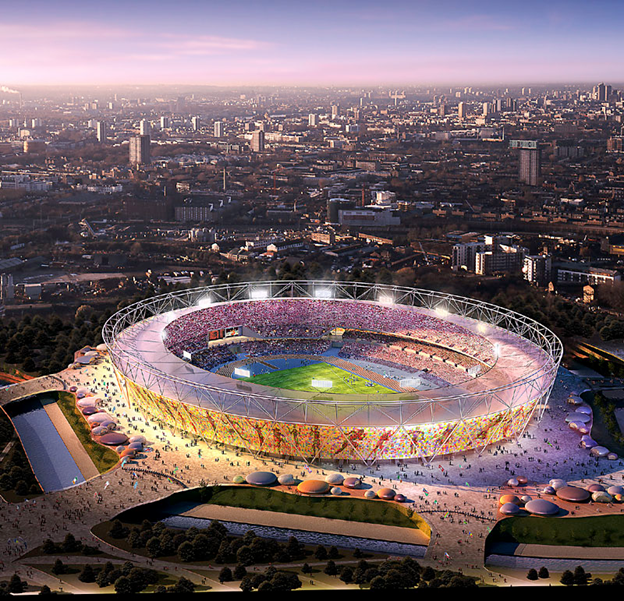
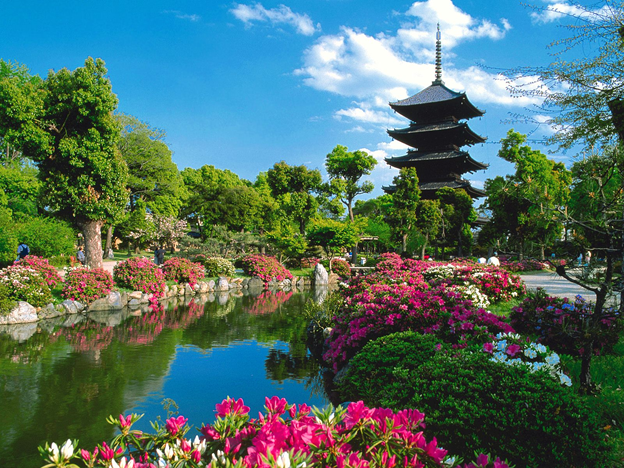
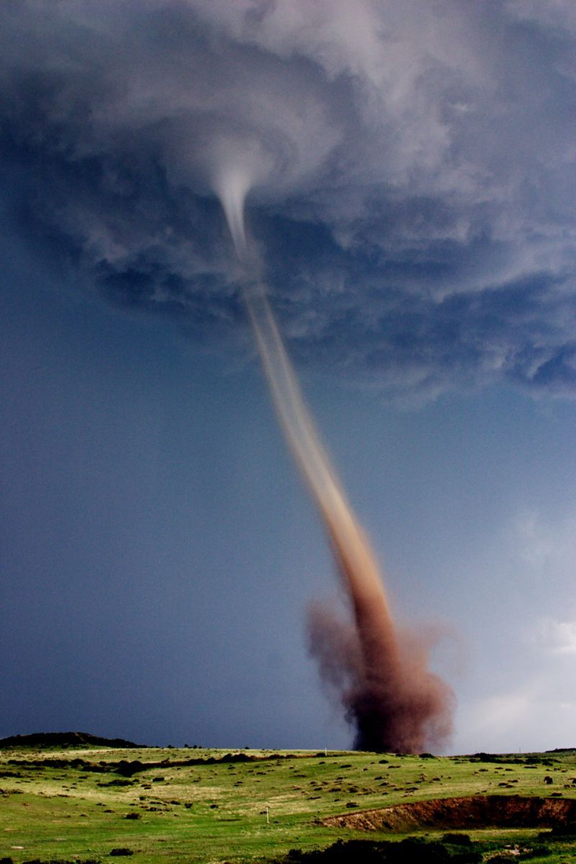
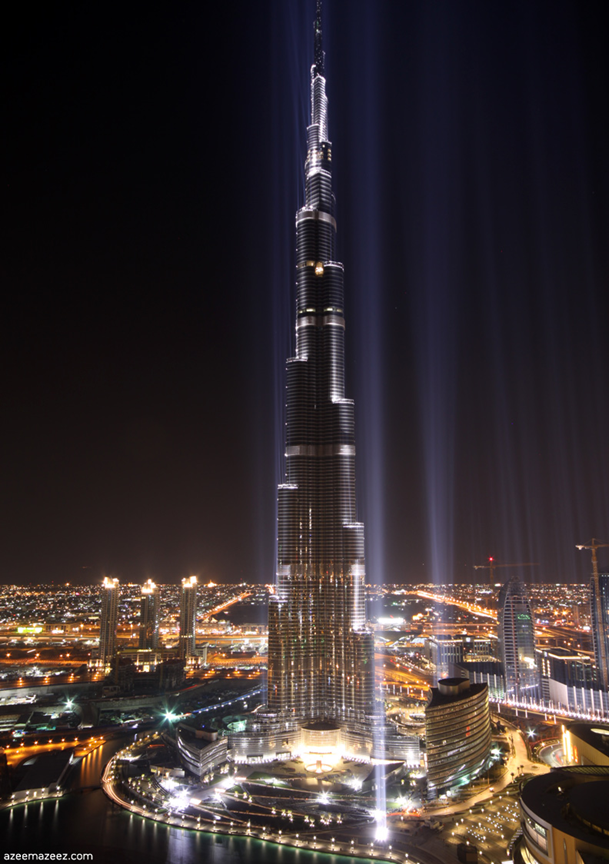

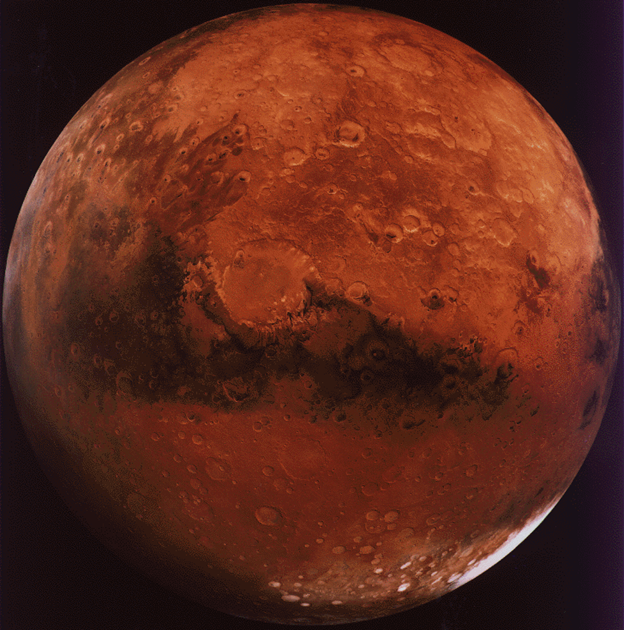

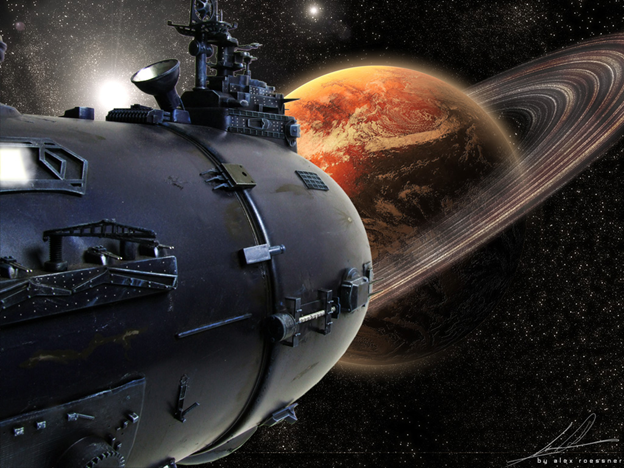
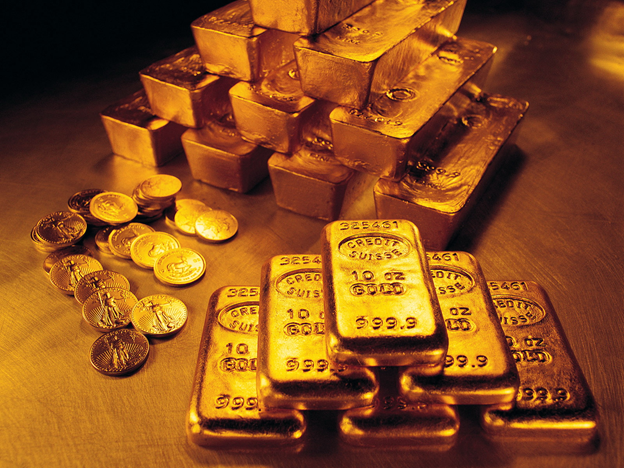
Join the Discussion! (No Signup Required)